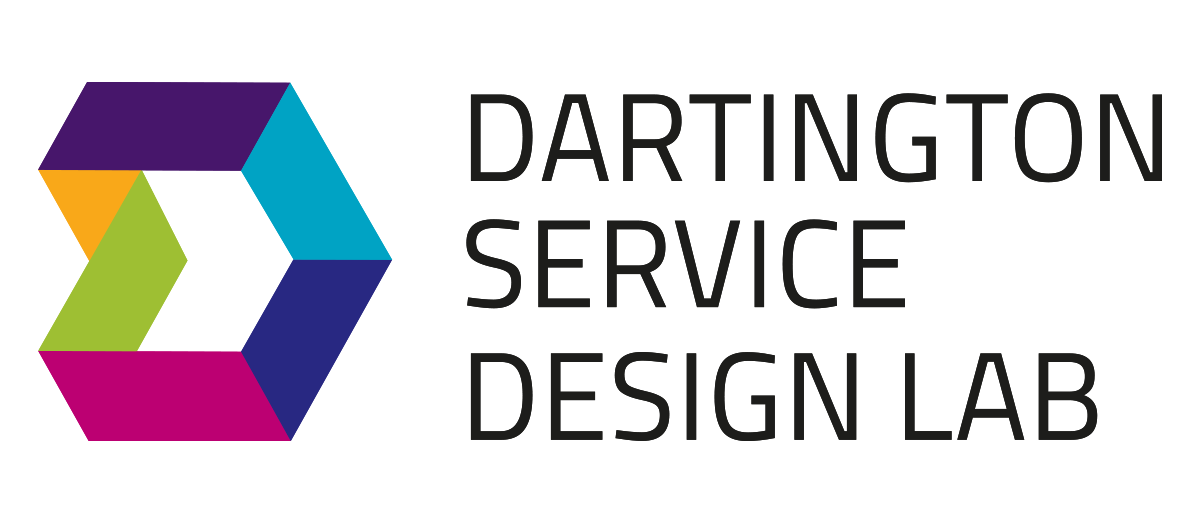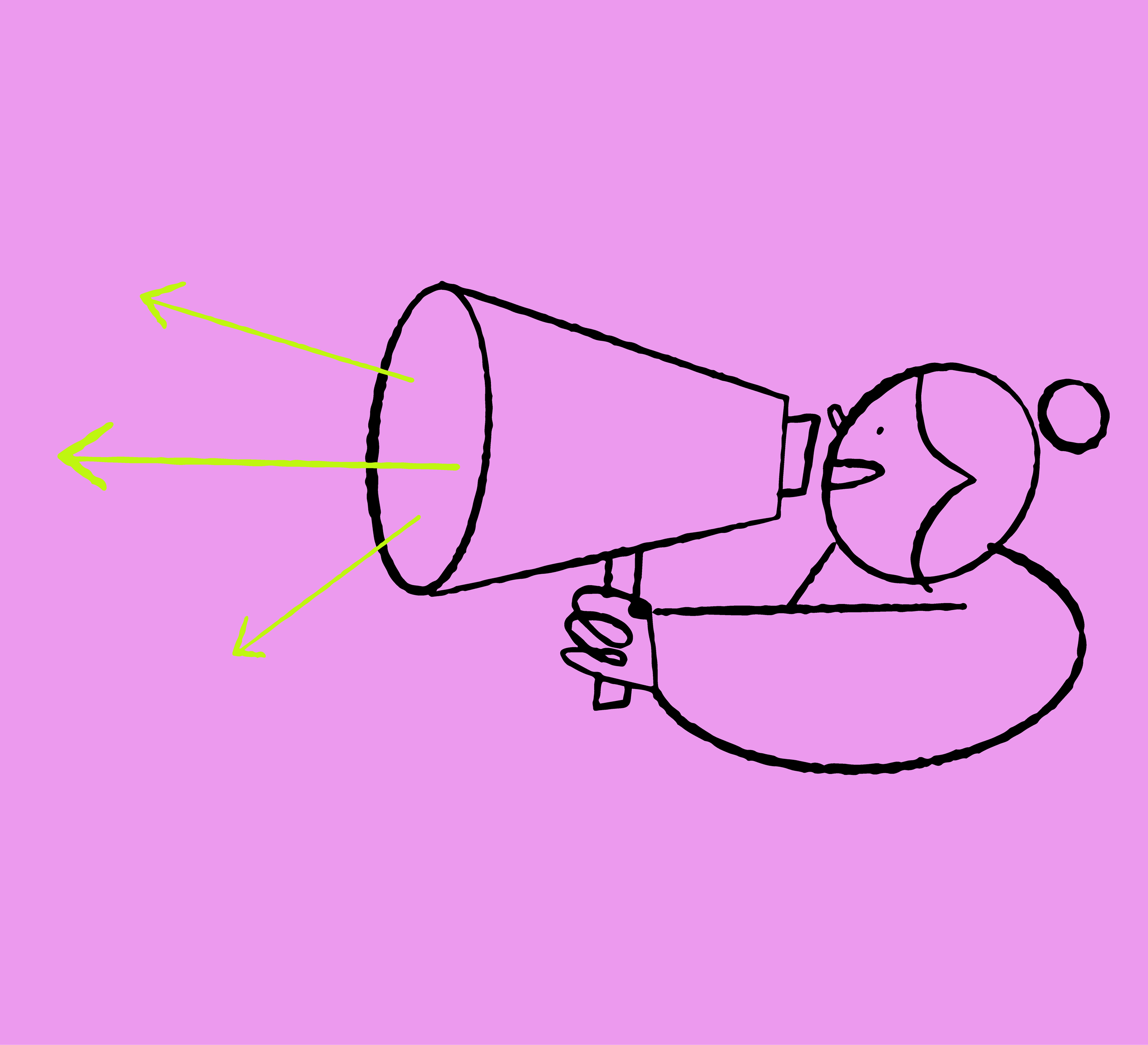From training packs for teachers on how to respond to disclosures of abusive relationships, to resources for young people on how to recognise the signs of coercive control, there’s something for everyone to feel better educated on both topics and empowered to take action so that young people and families have their needs met. We’ll be celebrating and sharing the exciting work these young changemakers have been designing – in person – at the #ChangeUp Exhibition in Paisley. This exhibition, open to everyone in Renfrewshire and beyond, is packed with the innovations designed by and for young people and system leaders, to inspire all of us to educate, empower and equalise systems to tackle coercive control and take early action on mental wellbeing.
Read MoreThis blog reflects on parents’ experiences of services during the pandemic and staff’s hopes and concerns for future delivery. We also share how evaluation has helped organisations understand these, and how it can be used to shape delivery in the future.
Read MoreDartington has formed an exciting partnership to develop, test and refine an ambitious approach to help young people and local areas develop locally produced and evidence-informed approaches to improve adolescent mental health. The team is led by Research Director, Professor Peter Fonagy OBE (UCL Psychology and Language Sciences) and Professor Tim Hobbs (Dartington Service Design Lab). Their partnership has been awarded a UK Prevention Research Partnership (UKPRP) Consortium award of £5.3 million over five years.
Read MoreAs we’ve explored and reflected on Learning Partner contracts, we’ve identified three roles that a Learning Partner takes; The mirror, the mentor and the midwife. Each role blends the “learning for” and “learning with” elements that we described previously, and in our experience, Learning Partners need to be confident shifting between the three as learning needs and capacity changes.
Read MoreThis is a blog about anti-racism, and the actions and commitments we are taking at Dartington Service Design Lab to address it.
Read MoreIn January 2021, we were funded by Catalyst and The National Lottery Community Fund COVID-19 Digital Reponse to run a 12-week research and design project focused on reaching families remotely, in partnership with five charity partners from across the country. The whole research and design process culminated in the ‘9 steps for reaching families remotely’ - services and practitioners struggling to reach and engage with digitally excluded people.
Read MoreIn our last blog, we looked at the motivations behind Learning Partnerships. In this one we examine some of the conditions we think are necessary for success – building on our experience, and that of our partners at Renaisi, the Paul Hamlyn Foundation, and Esmée Fairbairn Foundation. In particular, we look at taking time to set the project up, develop consensus about aims and being explicit about creating the conditions for learning to happen and be acted upon.
Read MoreNature is an important and well-evidenced mechanism for supporting mental health for both children and for adults (WHO, 2014). We’ve explored this in our work on potential interventions for enhancing the mental health and wellbeing of children and young adults in the Midlothian area of Scotland.
Read MoreIt’s perhaps unsurprising that we have been drawn to the concept of the Learning Partner and all the term suggests; that is, working with organisations to enable learning and improvement, and doing so collaboratively. Having carried out several roles badged in this way, we wanted to reflect, as a team and with peers, on what the role can look like, what skills it requires, and what it can contribute to organisations, and to the sector more broadly.
Read MoreDuring the Connecting Families project - Funded by Catalyst and The National Lottery Community Fund COVID-19 Digital Reponse, and supported by Design agency Shift - we’ll be following a specific Design Process. This is broken into five key phases. These sprint notes will reflect on our learning from each phase. This blog is all about the sprint 'Wrap-Up' phase.
Read MoreDuring the Connecting Families project - Funded by Catalyst and The National Lottery Community Fund COVID-19 Digital Reponse, and supported by Design agency Shift - we’ll be following a specific Design Process. This is broken into five key phases. These sprint notes will reflect on our learning from each phase. This blog is all about the sprint 'Develop' phase.
Read MoreDuring the Connecting Families project - Funded by Catalyst and The National Lottery Community Fund COVID-19 Digital Reponse, and supported by Design agency Shift - we’ll be following a specific Design Process. This is broken into five key phases. These sprint notes will reflect on our learning from each phase. This blog is all about the mid-sprint 'Develop' phase.
Read MoreDuring the Connecting Families project - Funded by Catalyst and The National Lottery Community Fund COVID-19 Digital Reponse, and supported by Design agency Shift - we’ll be following a specific Design Process. This is broken into five key phases. These sprint notes will reflect on our learning from each phase. This blog is all about the 'Define' phase.
Read MoreDuring the Connecting Families project - Funded by Catalyst and The National Lottery Community Fund COVID-19 Digital Reponse, and supported by Design agency Shift - we’ll be following a specific Design Process. This is broken into five key phases. These sprint notes will reflect on our learning from each phase. This blog is all about the 'Discover' phase.
Read MoreDuring the Connecting Families project - Funded by Catalyst and The National Lottery Community Fund COVID-19 Digital Response, and supported by Design agency Shift - we’ll be following a specific Design Process. This is broken into five key phases. These sprint notes will reflect on our learning from each phase. This blog is all about the 'Inception' phase.
Read MoreWith 71% of community organisations in some parts of the voluntary sector having moved to online delivery since the COVID-19 crisis began, digital exclusion has become an even bigger obstacle to engaging those most in need than it was before. This is a particularly pressing issue for Early Years services, who support many families living in financially vulnerable households without internet access. As England endures another lockdown, Dartington Service Design Lab [Dartington] is working with a number of charities and families to develop and test different ways of supporting early years services to reach digitally excluded families. Here’s how we intend to do it...t ways of supporting early years services to reach digitally excluded families. Here’s how we intend to do it...
Read MoreWe talk about evidence a lot at Dartington, and using evidence ‘in new ways’. We try to put this in practical terms without too much jargon, but we know it still sounds pretty abstract. What do we actually mean? Our new report tries to bring it all down to earth.
Read MoreAt Dartington, we have been working with Salford Council to develop a systemic Theory of Change for their Better Outcomes New Delivery (BOND) programme. In the course of the work with managers and practitioners from across the BOND programme, we discovered that family resilience was felt to be central to all the programmes – but also under-explored. What did it look like, and how could it be supported? We worked with teams to create a testable model of the dynamic causes of family resilience to underpin and inform subsequent work within the systemic theory of change for all BOND programmes. Here’s what we learnt...
Read MoreThis year, youth services faced new challenges in engaging young people, particularly young people at risk of becoming involved in violence. As the Learning Partner for the Youth Endowment Fund’s special COVID-19 Grant round, we’ve had the opportunity to understand more about how organisations – ranging from grassroots charities to Britain’s largest local authorities – have managed to adapt programmes to continue to engage young people during the pandemic. In this blog, we look at how working with parents, carers and siblings can help organisations to maintain positive relationships with young people through the rest of the COVID-19 pandemic.
Read MoreDomestic abuse charities and campaigners have long highlighted the emotional impact of domestic abuse - and in particular the impact of coercive and controlling behaviours. We've seen the results of these hard years of campaigning and raising public awareness in Parliament testimonies, mainstream media, and ultimately in law and have more understanding now more than ever, of the devastating effects it can have on victims’ mental health. The ongoing Early Action Systems Change partnership work between Dartington, Renfrewshire Council, Engage Renfrewshire, Renfrewshire Health and Social Care Partnership and a range of voluntary services, has highlighted coercive control in relationships can start before adulthood, and that this experience might prevent victims from accessing mental health support.
Read More







